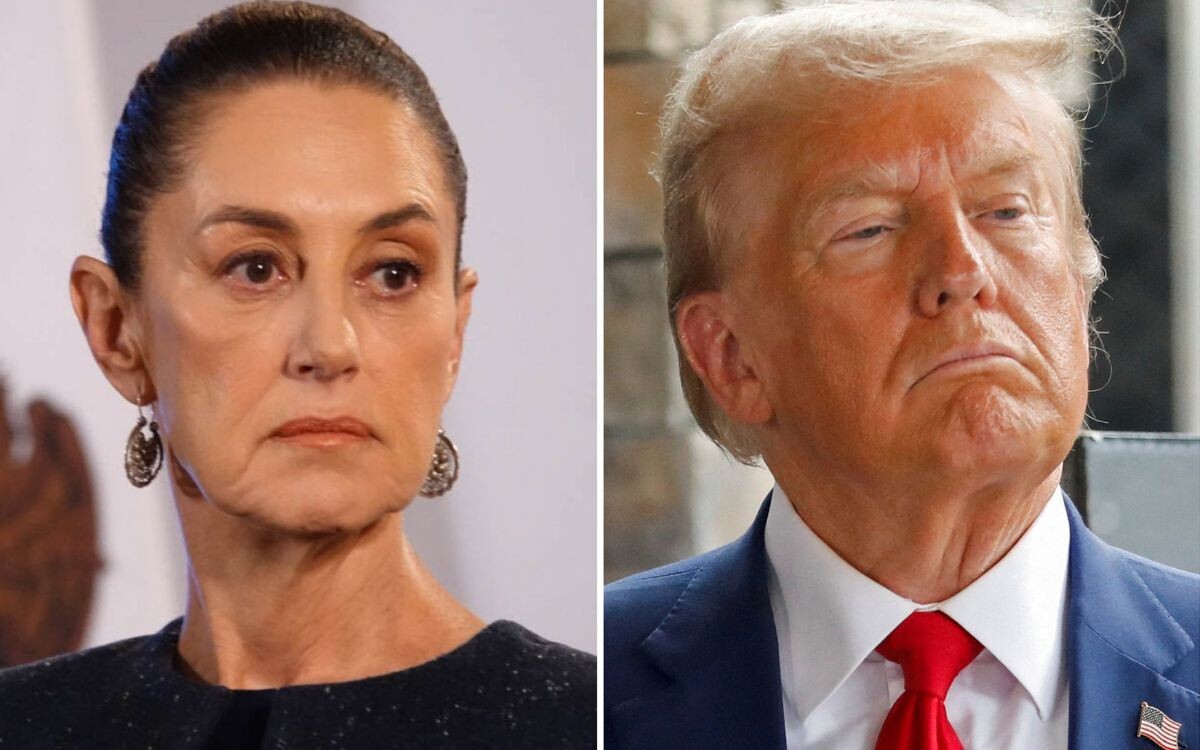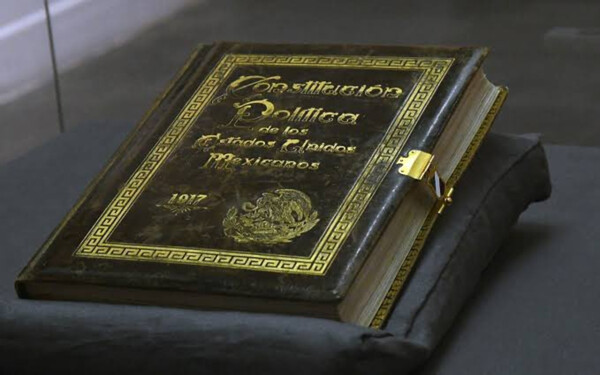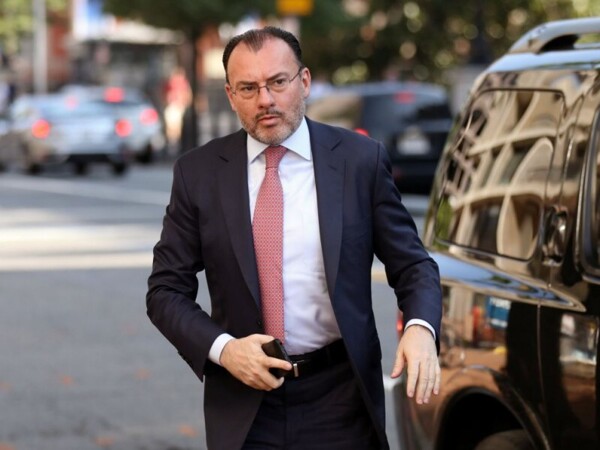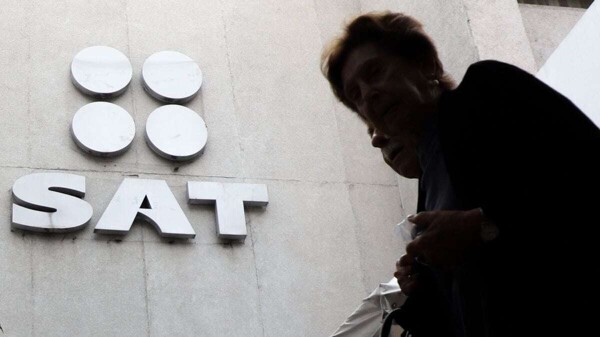
The control of criminal groups is crucial to prevent the destabilization of any government, an expert stated, noting that the United States links organized crime to terrorism. They detected Iranian-origin weapons in Central America and have identified connections between groups in Latin America and international actors such as Iran.
Journalists Anabel Hernández and María Idalia Gómez urged Mexico to demand clarifications from the United States regarding accusations of protecting cartels. Hernández emphasized that no one has retracted the direct accusations from the United States against Mexico for complicity with the cartels and for allowing the trafficking of fentanyl to the U.S.
Hernández also criticized the Mexican government, stating that historically the presidential power has been contaminated by relationships with organized crime. In particular, she questioned the effectiveness of President López Obrador's strategy of "hugs, not bullets" to combat the cartels.
Regarding fentanyl production in Mexico, Hernández mentioned a significant increase during López Obrador’s administration, with a laboratory in Sinaloa identified as the largest in the country. On the other hand, she highlighted that President Sheinbaum defended former President Calderón, creating controversy around her stance.
For her part, María Idalia Gómez expressed concern about Sheinbaum’s position on U.S. policies to combat drug trafficking. She referred to new measures that include the immediate expulsion of foreign criminals linked to organized crime, as well as businessmen and collaborators of cartels, even if they were unaware of the criminal activities.
Gómez emphasized that the United States sees criminal groups as a destabilizing factor in the region, focusing its interest on its own security. The new policy aims to eliminate drug trafficking cartels and prosecute those involved, even if they have previously unknown ties.














